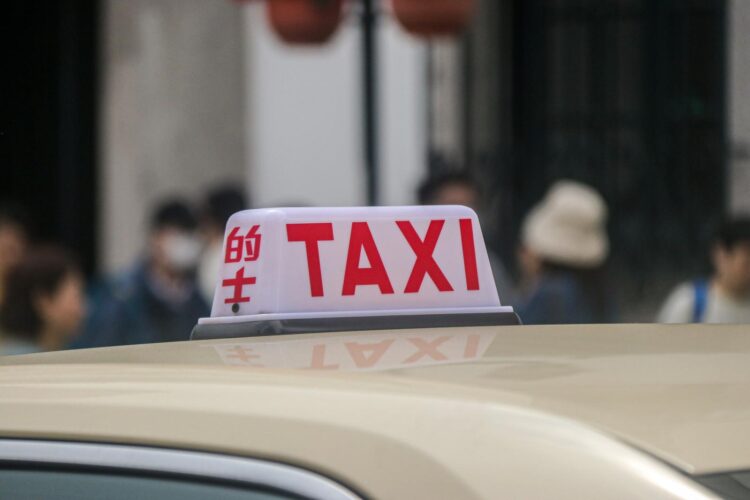Hong Kong’s Legislative Council has passed the third reading of a bill regulating ride-hailing services, with operations expected to commence within the fourth quarter of next year.
The move is in stark contrast to Macau, which has yet to introduce any corresponding legislation.
Hong Kong’s Legislative Council deliberated on the ride-hailing services bill on Wednesday 15 October, ultimately passing the legislation. The bill stipulates that platforms, vehicles and drivers providing ride-hailing services must all obtain licenses or permits.
It also specifies that platforms holding ride-hailing service licenses must maintain appropriate and efficient services while conducting due diligence checks on their vehicles and drivers.
Ride-hailing vehicles must meet various requirements, including holding appropriate third-party risk insurance, complying with the requirements on the age and inspection of vehicles, and being linked to the driver. That is, the vehicle must be registered in the name of an individual and be driven by its registered owner to provide ride-hailing passenger services.
Similarly, ride-hailing vehicle drivers must meet specified conditions, such as being at least 21 years old, having no serious traffic convictions within the past five years and having passed a relevant test.
The Secretary for Transport and Logistics, Mable Chan, said, “The government is determined to introduce a legal framework for regulating ride-hailing services.
“This will address the long-standing controversies surrounding such services and provide the public with more travel options that are safer and lawful, while promoting the modernization and rejuvenation of the point-to-point transport trade, thereby achieving a win-win situation for the public, taxis and ride-hailing services.”
Following passage of the bill, the Hong Kong Government indicated plans to submit subsidiary legislation detailing regulatory provisions to the Legislative Council for scrutiny in the first half of 2026, with the objective of completing the relevant legislative procedures by mid-next year.
The government further indicated that, subject to the preparatory work of platforms granted ride-hailing licenses, licensed platforms are expected to commence operations within the fourth quarter of next year.
The legalization of ride-hailing services has long been a subject of discussion in both Hong Kong and Macau. Hong Kong has actively pursued legislation for ride-hailing, garnering societal support. In contrast, Macau, although having seen the launch of taxi network booking services via Chinese digital map AMap in the first half of the year, has yet to introduce any regulatory legislation pertaining to ride-hailing.
It could be argued that Macau actually has a greater need for ride-hailing services. This is because the majority of visitors to Macau come from mainland China, and mainland travelers have become accustomed to using ride-hailing services for their journeys.
In his April Policy Address, Chief Executive Sam Hou Fai mentioned exploring the feasibility of introducing ride-hailing services in the future. He emphasized that public interest and safety would be paramount, followed by balancing the interests of both ride-hailing services and traditional taxis.
Newly appointed Director of Macau’s Transport Bureau, Chiang Ngoc Vai, previously responded to a legislator’s enquiry by stating that the government is already studying ride-hailing services.
“The SAR Government is acutely aware of public demand for online taxi services,” he said. “We are currently accelerating research into introducing such services and regulating online taxi platforms. Through standardized management, we aim to better safeguard the rights of both passengers and drivers while adapting to societal development and market needs.”




































